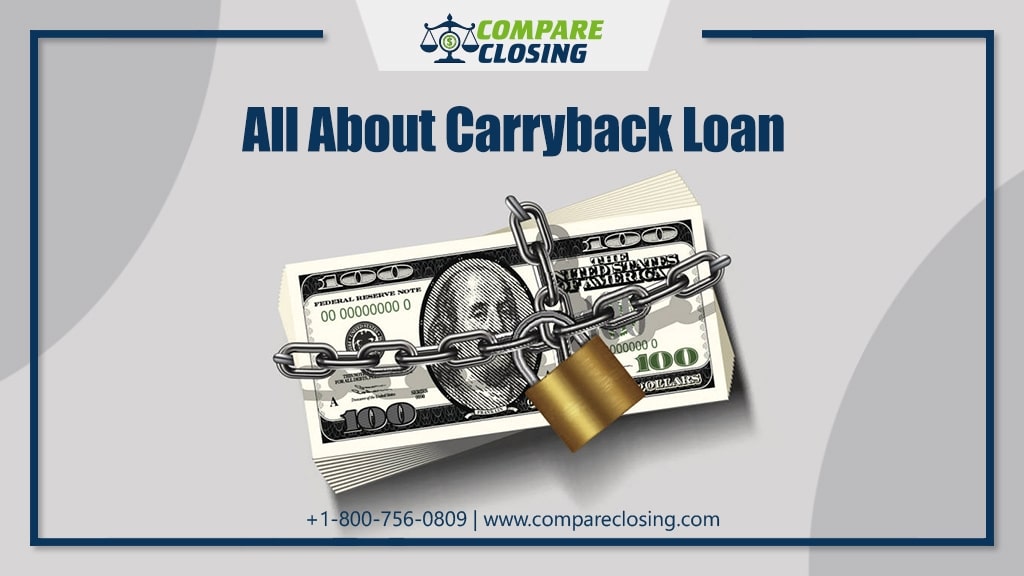There are two financial security parameters or components in a carry-back loan. The first component is the promissory note where the buyer formally promises to pay back the loan to the seller.
This note determines the type of debt and the terms of the loan repayment like the loan amount, rate of interest, monthly payments, total number of payments, and due date
The second component in a carryback loan is the mortgage. In some states, a deed of trust, deed in trust, or trust deed will be used as a security component instead of a mortgage.
All accomplish the same thing though; they tie the promissory note or notes to a piece of property. It also defines what the owner can do with the property so long as the debt is in place.
The mortgage also defines what the seller will do if the buyer fails to pay as defined in the promissory note.





